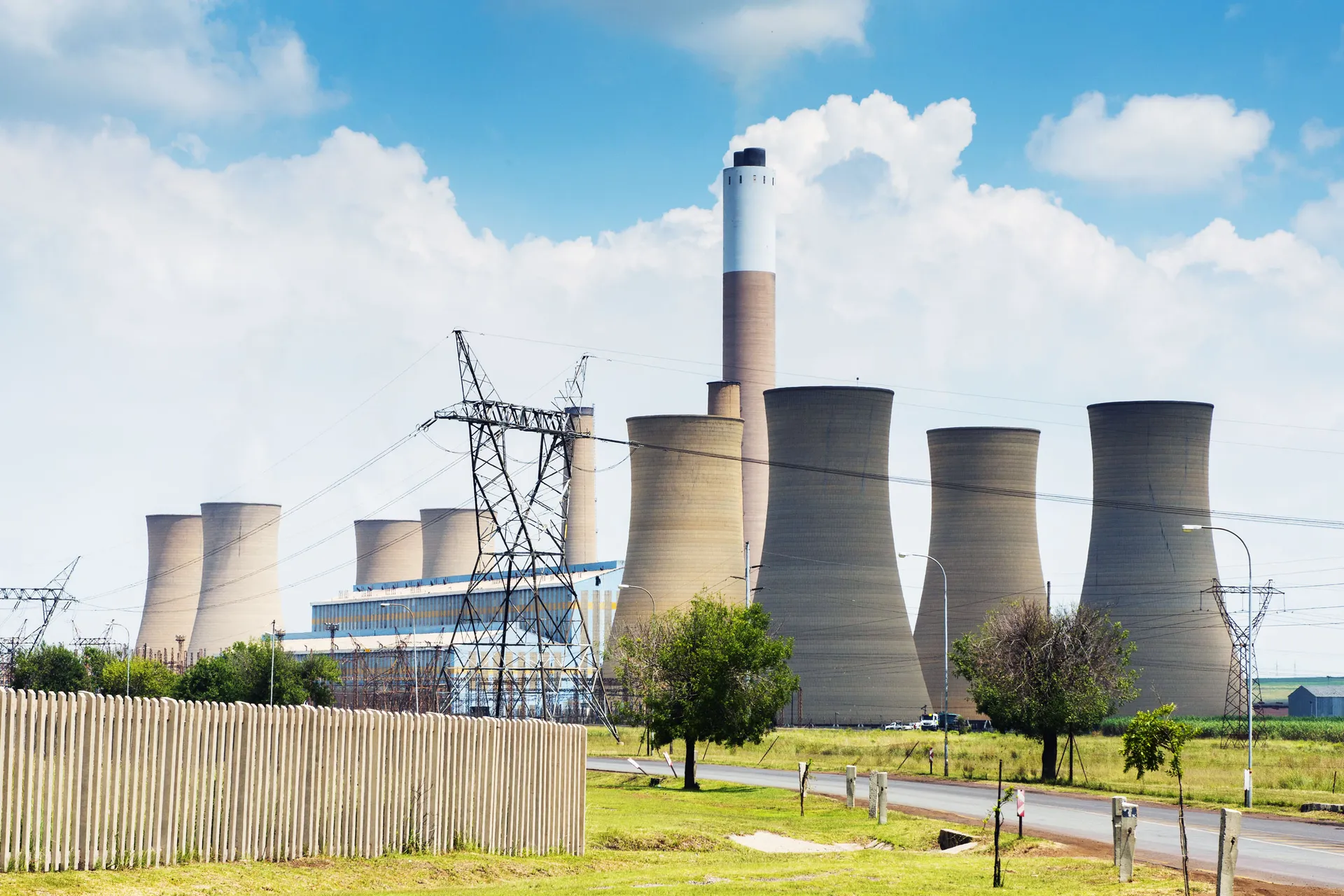Nigeria’s Position Under the Spotlight
Nigeria, Africa’s largest oil producer and home to some of the continent’s biggest gas reserves, has long been considered the energy giant of the continent. Yet, questions persist: does Nigeria still lead, or has it fallen behind emerging competitors such as Algeria, Angola, and Mozambique?
Recent developments in liquefied natural gas (LNG), renewable energy, and oil production capacity suggest that Nigeria’s dominance is no longer guaranteed. Instead, the African energy map is shifting, with North and Southern African players stepping up.
Nigeria’s Oil and Gas
Nigeria sits on over 37 billion barrels of oil reserves and over 200 trillion cubic feet of proven gas reserves. On paper, it should dominate energy discussions. However, recurring challenges pipeline vandalism, oil theft, underinvestment, subsidy distortions, and aging infrastructure have slowed progress.
The Nigerian National Petroleum Company (NNPC) has announced a $60 billion investment plan to revive exploration and production, yet past refinery revamp failures cast doubt on execution. Nigeria also lags in finalizing large-scale LNG projects, losing ground to rivals.
Despite producing around 1.4 – 1.5 million barrels per day (mbpd) in 2025, Nigeria is still below its OPEC quota and far from its historical highs of over 2 mbpd.
Algeria
Algeria, with its Sonatrach-led natural gas industry, has cemented its position as Africa’s top natural gas exporter, especially to Europe. Following the Russia-Ukraine crisis, Algeria became a critical supplier, ramping up pipeline exports to Italy and Spain.
Unlike Nigeria, Algeria has a functioning pipeline infrastructure directly linked to European markets. The country also boasts the Skikda and Arzew LNG complexes, enabling diversification of exports.
In renewables, Algeria has rolled out a multi-gigawatt solar program to balance its fossil fuel exports. With production hovering around 1 million bpd of oil and significant gas exports, Algeria has strategically positioned itself as both an energy supplier and geopolitical player.
Angola
Angola has overtaken Nigeria at various points in recent years as Africa’s top oil producer, producing around 1.1 – 1.2 million bpd. Its advantage lies in offshore deepwater projects, which are less vulnerable to theft compared to Nigeria’s Niger Delta pipelines.
The Angolan government has also restructured Sonangol, its state oil company, to attract foreign investment and modernize operations. Additionally, Angola has begun exploring renewable projects, though progress remains modest compared to its oil exports.
In LNG, Angola has the Angola LNG plant in Soyo, which faced setbacks in the past but is now back in operation, providing the country with a foothold in the global gas market.
Mozambique
Mozambique, once absent from major energy discussions, is now Africa’s most promising LNG frontier. Discoveries in the Rovuma Basin placed the country on the global energy map, with over 100 trillion cubic feet of recoverable gas.
Projects led by TotalEnergies, Eni, and ExxonMobil could make Mozambique one of the world’s top LNG exporters in the next decade. Eni’s Coral South FLNG already started production in 2022, signaling the country’s entry into the LNG export game.
Although security concerns in Cabo Delgado have delayed some projects, Mozambique’s gas potential is seen as a long-term game-changer, positioning it ahead of Nigeria in new LNG development.
Comparing the Four Energy Giants
| Country | Oil Production (mbpd, 2025) | Gas Reserves (TCF) | LNG Projects | Renewables Push | Key Challenges |
| Nigeria | ~1.4 – 1.5 | 200+ | NLNG (Bonny, expansion pending) | Moderate, solar and hydropower | Oil theft, subsidies, slow reforms |
| Algeria | ~1.0 | 159 | Skikda, Arzew | Aggressive solar rollout | Dependence on Europe demand |
| Angola | ~1.1 – 1.2 | 13 | Angola LNG | Early stage renewables | Reliance on oil exports |
| Mozambique | <0.1 (oil minimal) | 100+ | Coral South FLNG, Rovuma Basin projects | Nascent solar projects | Security risks in Cabo Delgado |
Where Does Nigeria Truly Stand?
- Against Algeria: Nigeria has more gas reserves but lacks the export infrastructure and reliability Algeria offers Europe.
- Against Angola: Nigeria still has larger reserves, but Angola’s governance reforms and stable offshore production give it an edge in efficiency.
- Against Mozambique: Nigeria has decades of oil and gas history, yet Mozambique is better positioned for LNG’s future growth.
In essence, Nigeria’s leadership is challenged on all fronts; it still has the largest reserves but is not the most reliable, most advanced, or fastest-growing player.
What Nigeria Must Do to Reclaim Leadership
- Complete LNG expansion projects at Bonny Island to catch up with Mozambique.
- Invest in pipeline security and refinery upgrades to reduce reliance on imports.
- Prioritize renewables Nigeria’s solar potential remains underutilized.
- Implement fiscal reforms to attract investors and curb subsidy distortions.
- Leverage Dangote Refinery to reduce imports and strengthen downstream capacity.
Without bold moves, Nigeria risks being overtaken not just by Algeria, Angola, and Mozambique, but also by newcomers like Tanzania, Senegal, and Namibia.
Also read: Top 10 Oil-Producing Countries in Africa in 2025
FAQs
- Why is Nigeria struggling despite having more reserves than Algeria or Angola?
Because of oil theft, underinvestment, subsidy policies, and delays in major gas projects. - Which African country is leading in LNG exports?
Currently, Algeria leads in consistent exports, but Mozambique is poised to become a global LNG hub in the next decade. - Has Angola really overtaken Nigeria in oil production?
Yes, at various times in the last five years, Angola has produced more oil than Nigeria due to Nigeria’s pipeline theft and OPEC quota compliance. - Can Nigeria catch up with Mozambique in LNG?
Yes, but only if it fast-tracks the NLNG Train 7 expansion and secures funding for new projects. - What role do renewables play in this competition?
Algeria is ahead with solar investments, Nigeria and Mozambique are slowly expanding solar, while Angola is still at an early stage.



